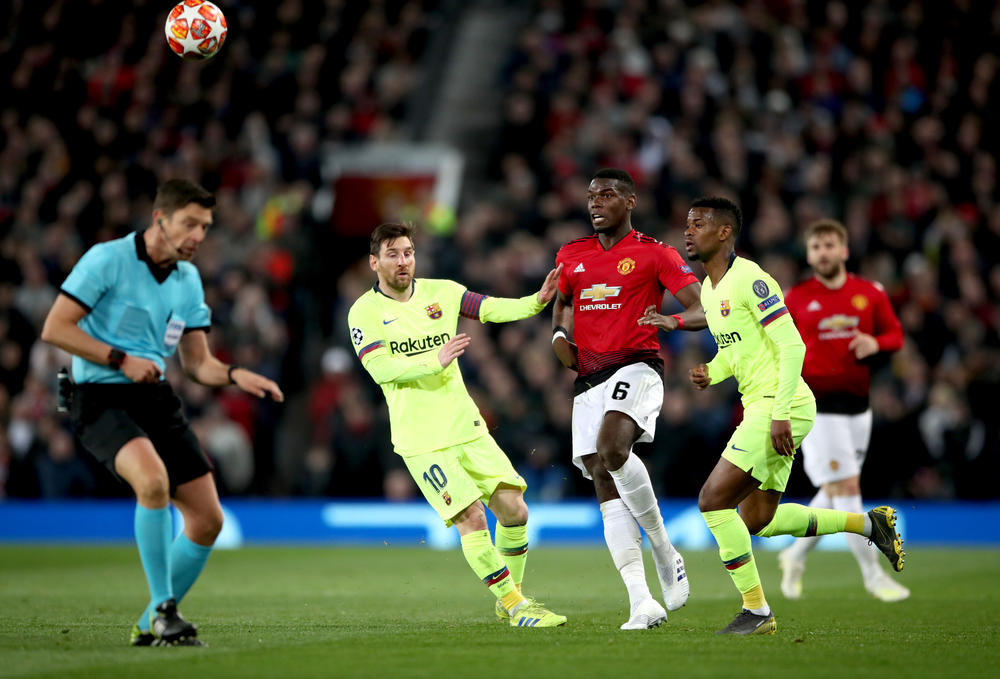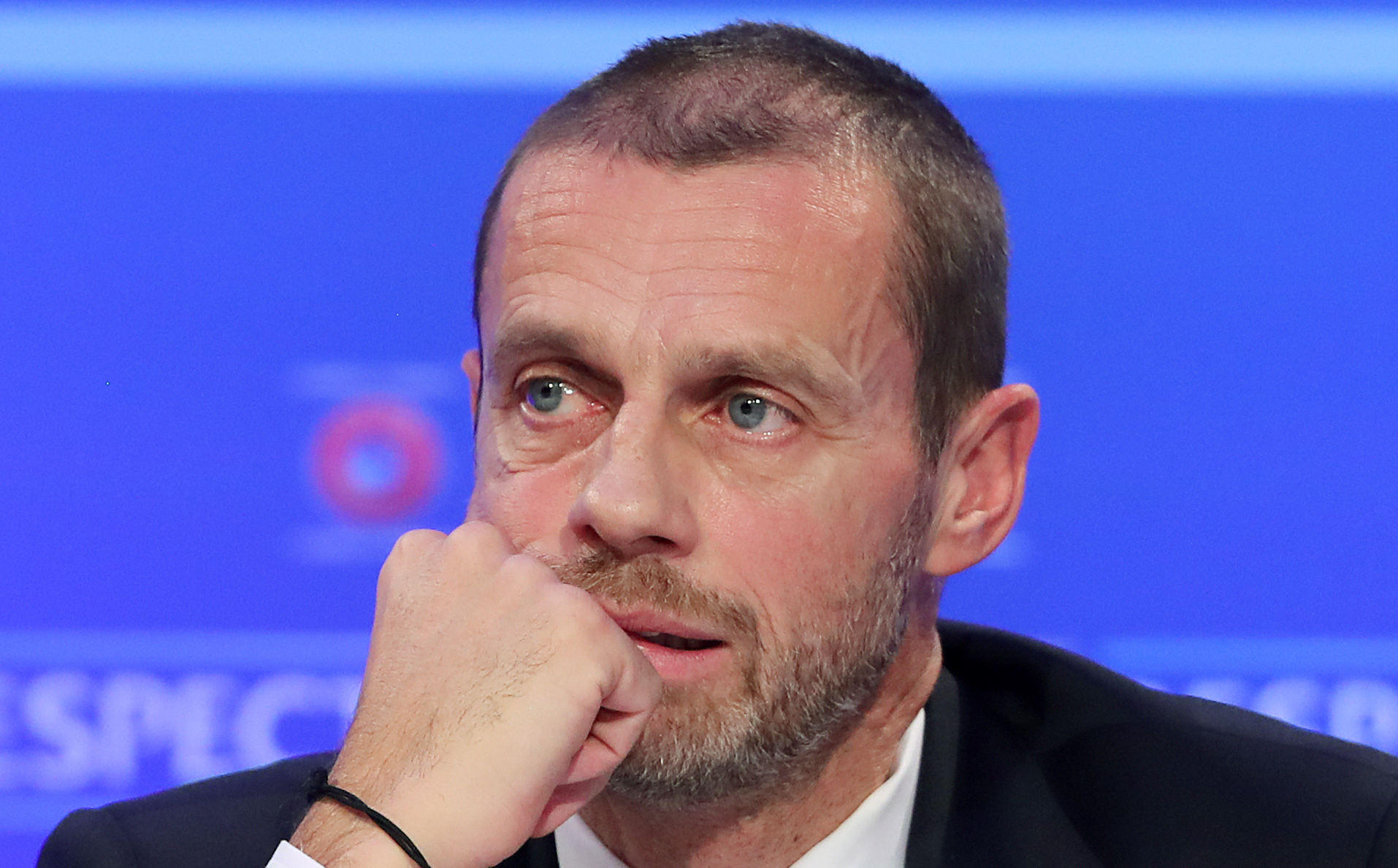UEFA chief warns of threat posed by growing dominance of ‘big five’ leagues

Premier League clubs generated more revenue in 2018 than the top-flight teams in 50 of UEFA’s 55 member countries combined, a new report from the European governing body has found.
The Benchmarking Report, which takes a forensic look at the European football landscape, found that in the 2018 financial year the 20 top-flight English teams generated a combined 5.4 billion euros (£4.6bn), compared to the 5.25bn euros (£4.49bn) earned by the top division teams in the bottom 50 countries. For context, those countries have provided 20 different clubs who have won UEFA trophies.
The concentration of revenue in the hands of the ‘big five’ European leagues of England, France, Germany, Italy and Spain was also starkly illustrated by the fact that teams in those countries’ top divisions accounted for 75 per cent of the overall 21bn euros (just under £18bn) of revenue generated.

Preliminary reporting for 2019 suggested that the top 30 richest clubs in Europe would account for more than half of total revenue in the next edition of the report.
UEFA president Aleksander Ceferin said in the foreword to the report: “The report highlights a number of threats to continued European football stability and success.
“These include the risks of globalisation-fuelled revenue polarisation, of a fragmenting media landscape, and of cases of over-dependence on transfer activity revenue.”
Ceferin’s remarks come following a year where radical changes to the format of the Champions League have been proposed by the European Club Association, and less than two months after Real Madrid president Florentino Perez became president of the new World Club Football Association.
Get FourFourTwo Newsletter
The best features, fun and footballing quizzes, straight to your inbox every week.

It has been reported that the WCFA has held talks with private equity partners over the formation of a global league, with Ceferin having last month branded the plans “insane”.
Ceferin added in his foreword: “The report also shows that European club football is strong, united and resilient, and I am certain that European football can and will overcome these challenges and others just as successfully as it dealt with the threat of spiralling losses in the recent past.”
Ceferin was referring to the fact that the report found that, for the second successive year, the 700 top-flight clubs in UEFA member countries posted an overall profit of 140m euros (just under £120m). That is compared to an overall loss of 1.7bn euros (£1.45bn) in 2011, before the introduction of the Financial Fair Play system of spending controls.
The financial dominance of Premier League clubs was once more largely due to broadcast revenue. The report found that 17 of the top 20 earners from broadcasting revenue across Europe were English clubs and that 53 per cent of Premier League clubs’ revenue came from broadcasting – the highest reliance on this form of income anywhere in Europe.
It also highlighted that 12 English teams posted a profit in the financial year 2018, compared to 18 in 2017.

Twelve English teams were in the top 30 clubs overall in terms of revenue generation.
The wage bills of clubs across Europe grew by 9.4 per cent overall, with 64 per cent of revenue paid out in wages in 2018.
English teams made up nine of the top 20 teams in terms of wages paid. Of the top 20 teams, five – Barcelona, Everton, Leicester, Monaco and Crystal Palace – reported a wage bill of over 70 per cent of total revenue.
FourFourTwo was launched in 1994 on the back of a World Cup that England hadn’t even qualified for. It was an act of madness… but it somehow worked out. Our mission is to offer our intelligent, international audience access to the game’s biggest names, insightful analysis... and a bit of a giggle. We unashamedly love this game and we hope that our coverage reflects that.

